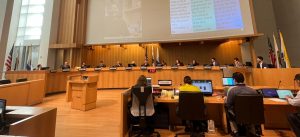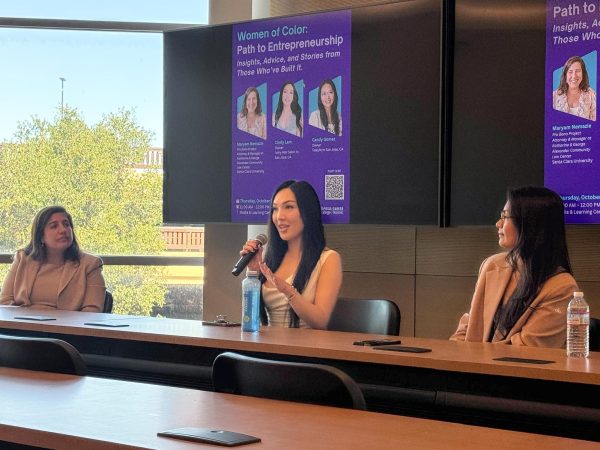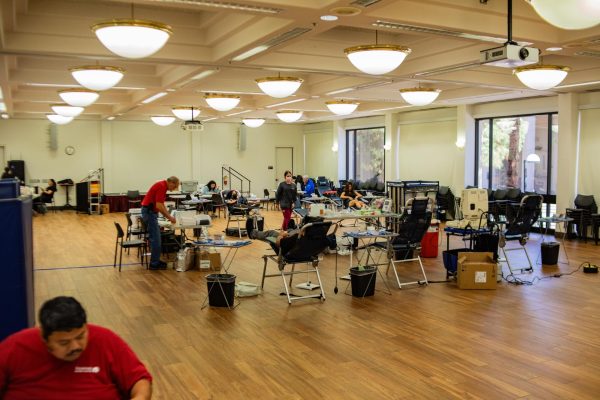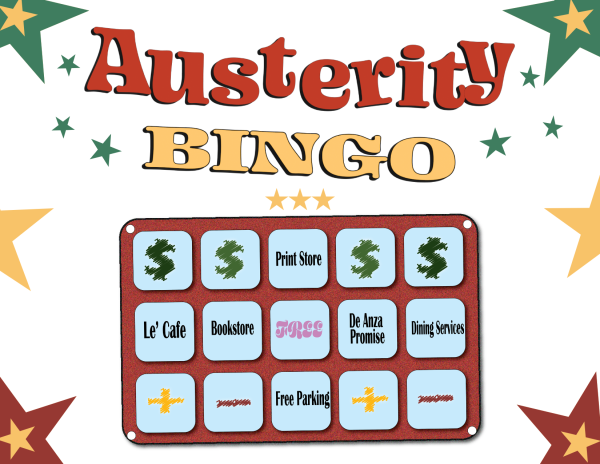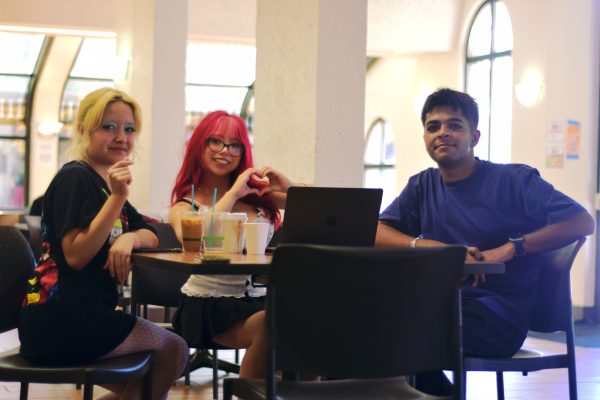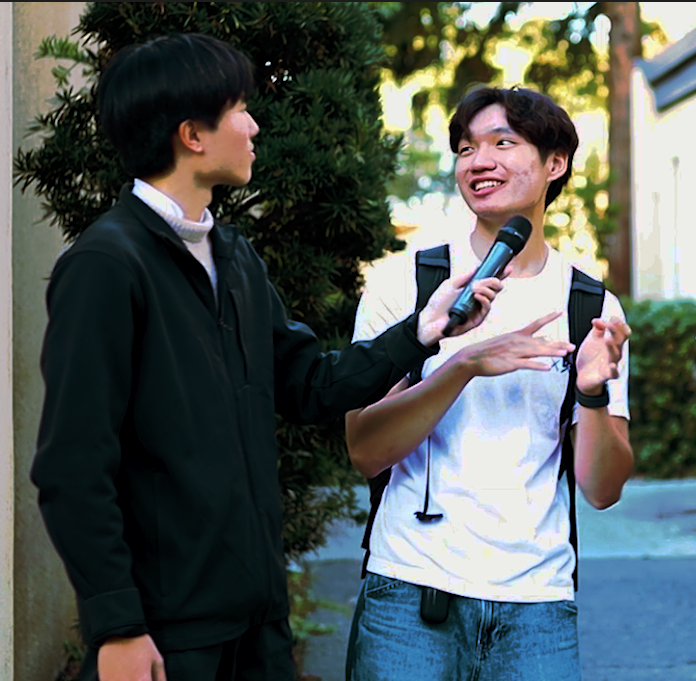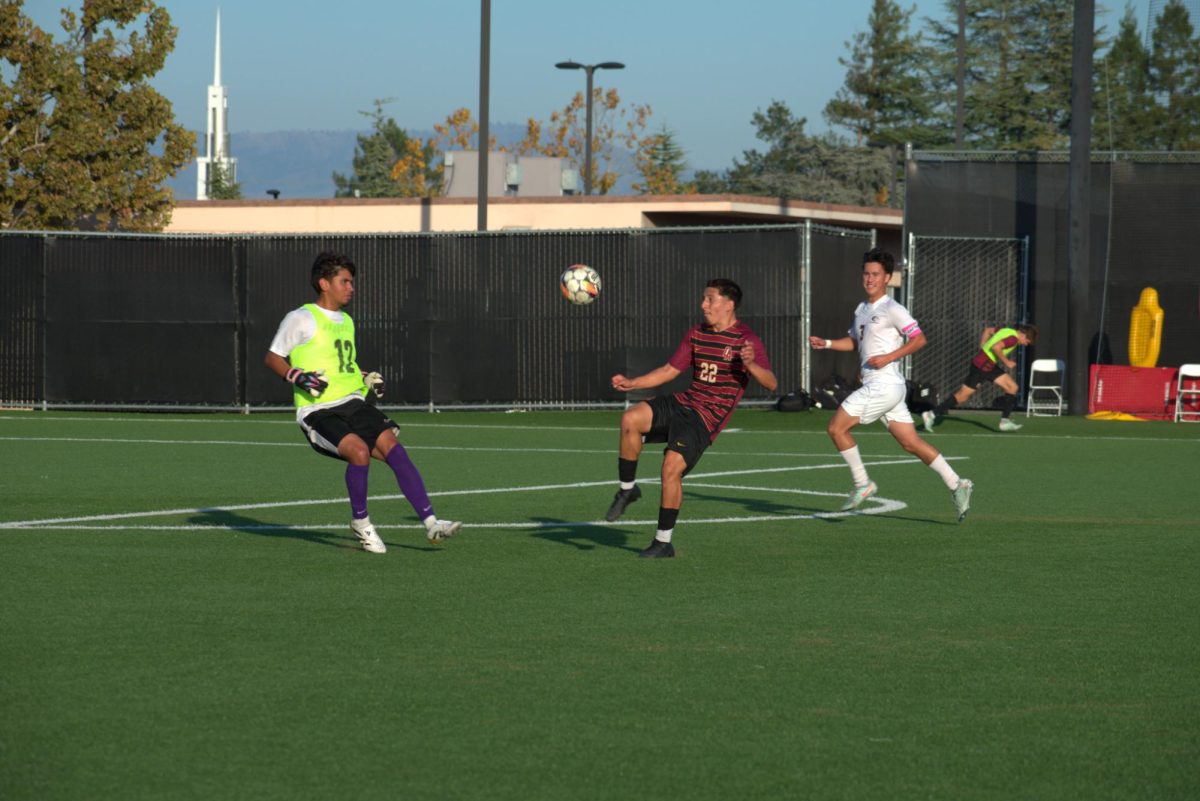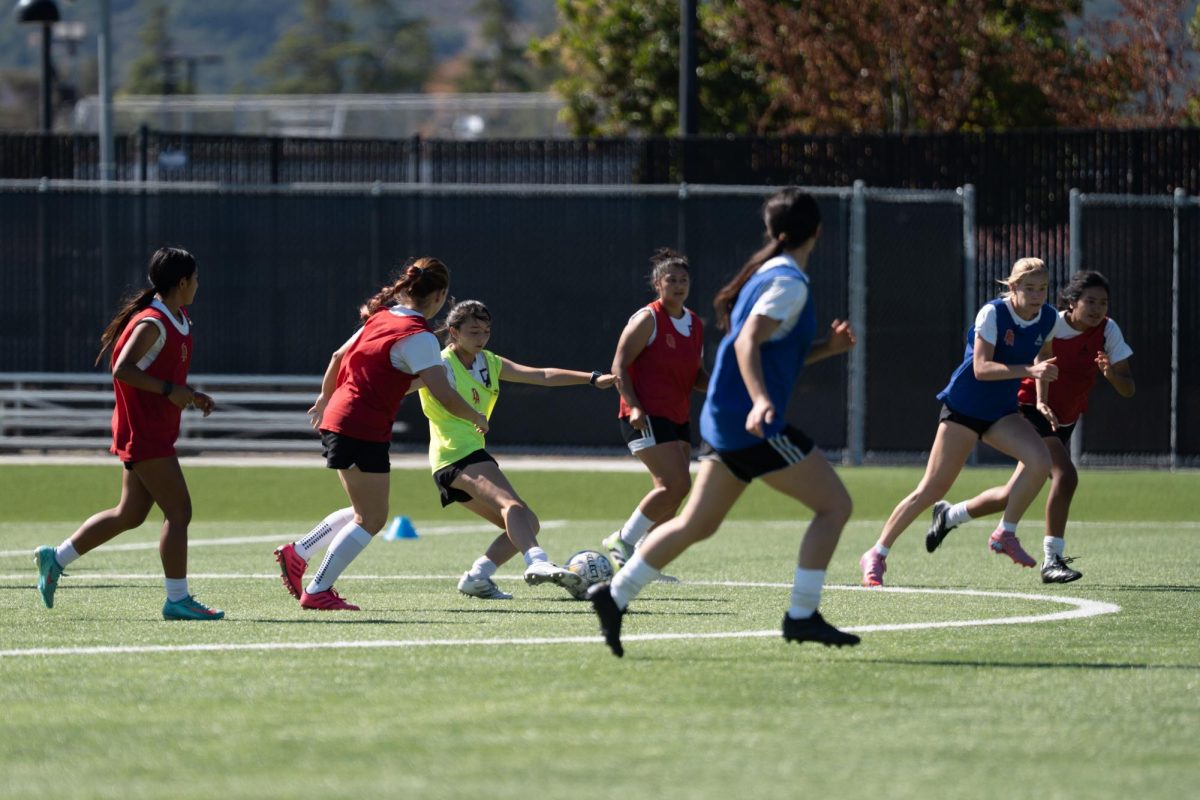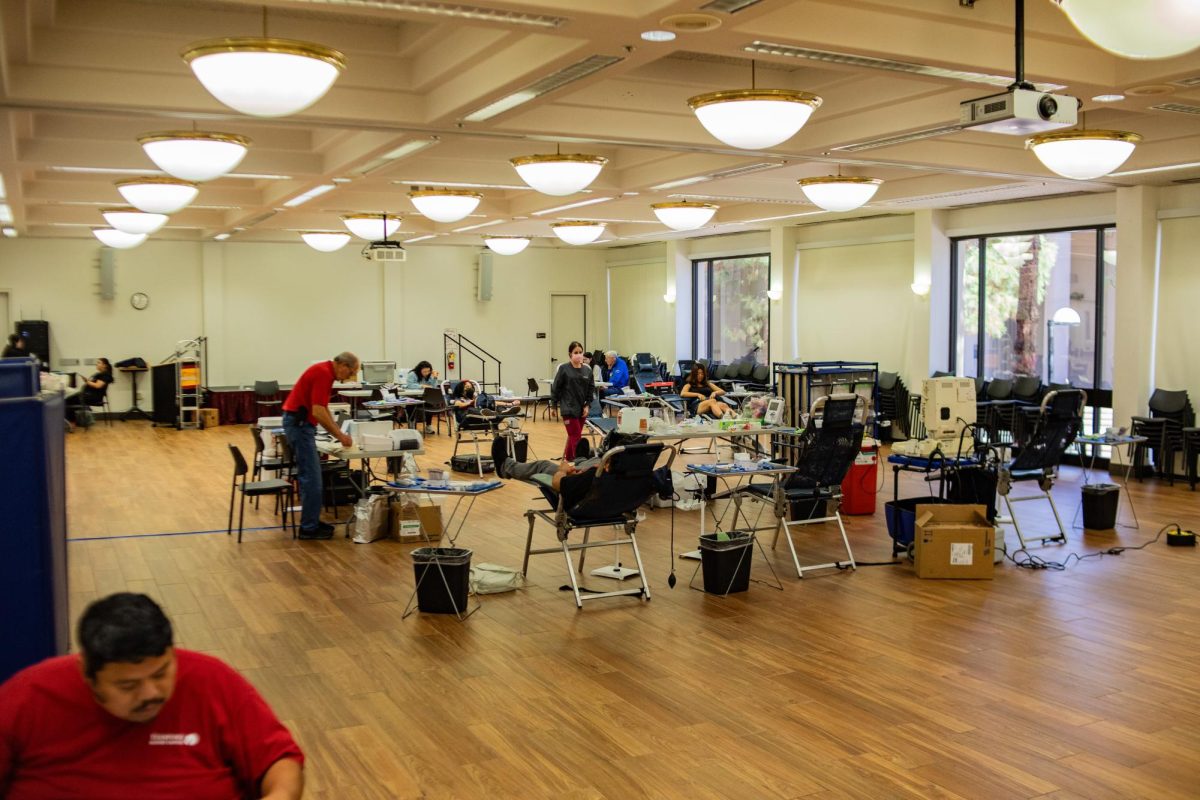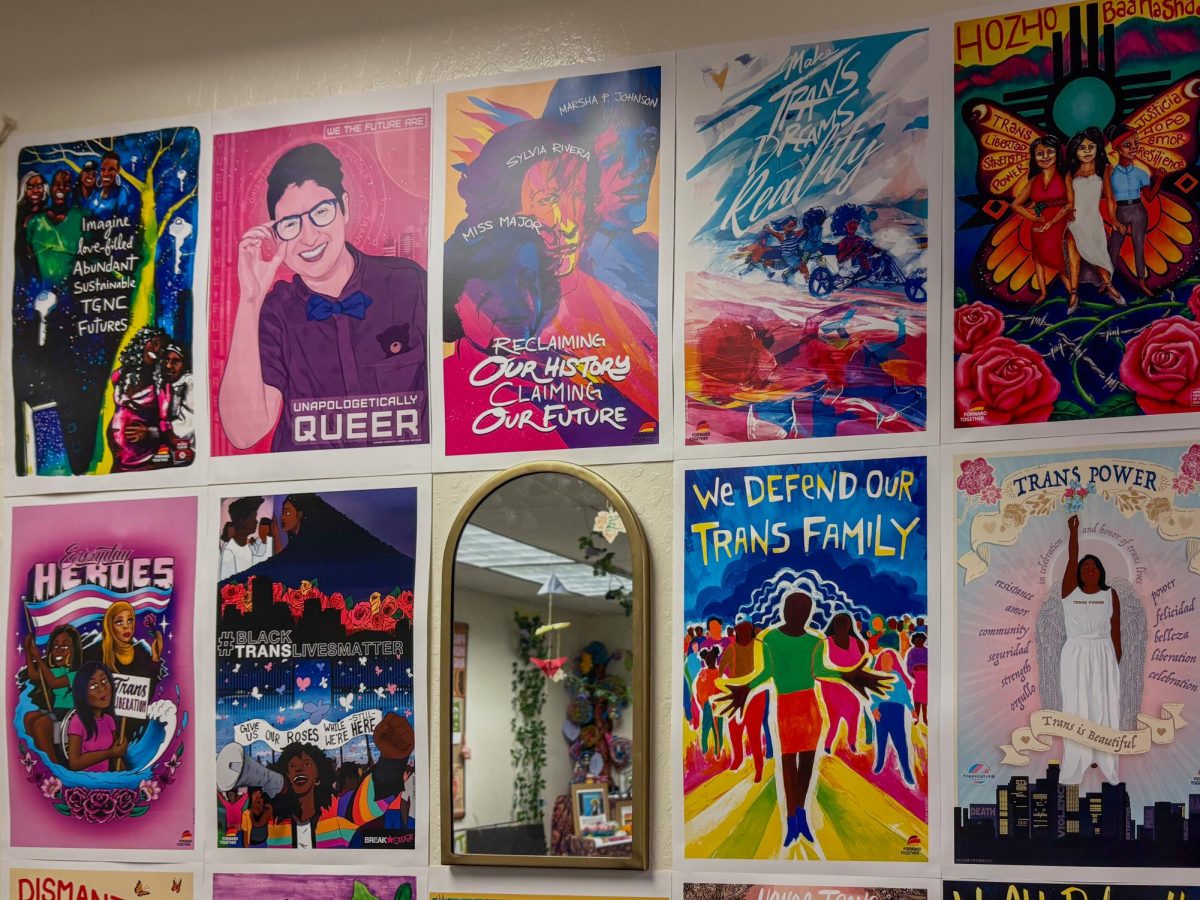College system, students both responsible for graduates’ lack of real-world experience
December 4, 2018
College students and graduates feel unprepared for the workforce and the future as both colleges and students focus on jobs and careers over an effective well-rounded education.
This situation worsens as the admissions and tuition levels raise from a local community college to Ivy League, where students graduate clueless with an expensive diploma.
“Certainly more kids are entering in a prudential frame of mind,” says Fred Hargadon, dean of admissions at Princeton University, in an interview with The Atlantic. “Most kids see their education as a means to an end.”
The pressure and competition of the job market is programming students to be workaholics starting from college and in some case, high school.
“Sometimes we feel like we’re just tools for processing information. That’s what we call ourselves—power tools.” says an anonymous student-government officer from Princeton in an interview with The Atlantic.
Students from well-recognized universities tend to have difficulties with their schedule and in the future at their workplace mostly because of the focus on rigorous academics that prevents making other commitments.
According to a survey from Gallup and Strada Education Network, 73 percent of incoming freshman from 2000 to 2009 enrolled in order to get a better job.
But, only 34 percent of current students believe colleges are preparing them for success.
On the other hand, only 11 percent of business leaders strongly agree that educational institutions are properly forming the future workforce.
This statistic even applies to community colleges. According to Scholarships.com, the lighter workload and an uninvolved campus life makes students difficult when they transfer to four-year university.
The last two years in a university with rigorous classes can make the transfer students have difficult time in catching up with their classes, and overall, miss opportunities to work or get involved in other programs.
The rising workforce created a competitive job market that makes students place “popular” or well-paid majors over their passions.
Colleges are trying to prepare the students with tough courses that forces students to leave their commitments that teaches practical skills.
It is a loop both parties are stuck in.
“There’s so much instability in the world now and nervousness about unemployment,” says Professor Charles Van Loan in an interview with Cornell University student newspaper.
“I think it’s really pronounced now. I would say that in my day, we had it much easier than [today’s] generation.”








